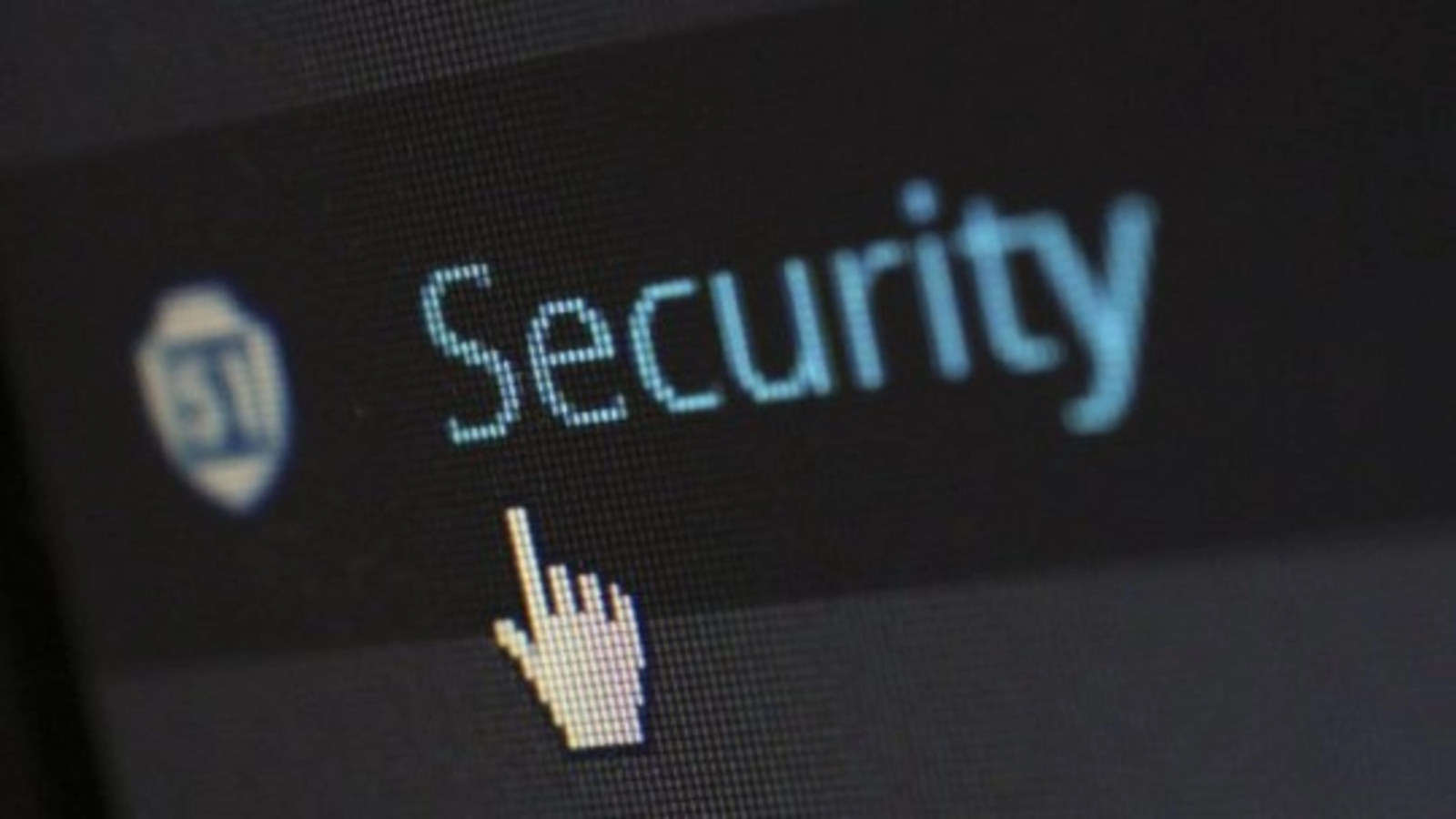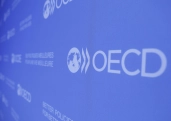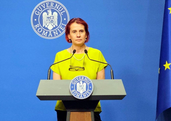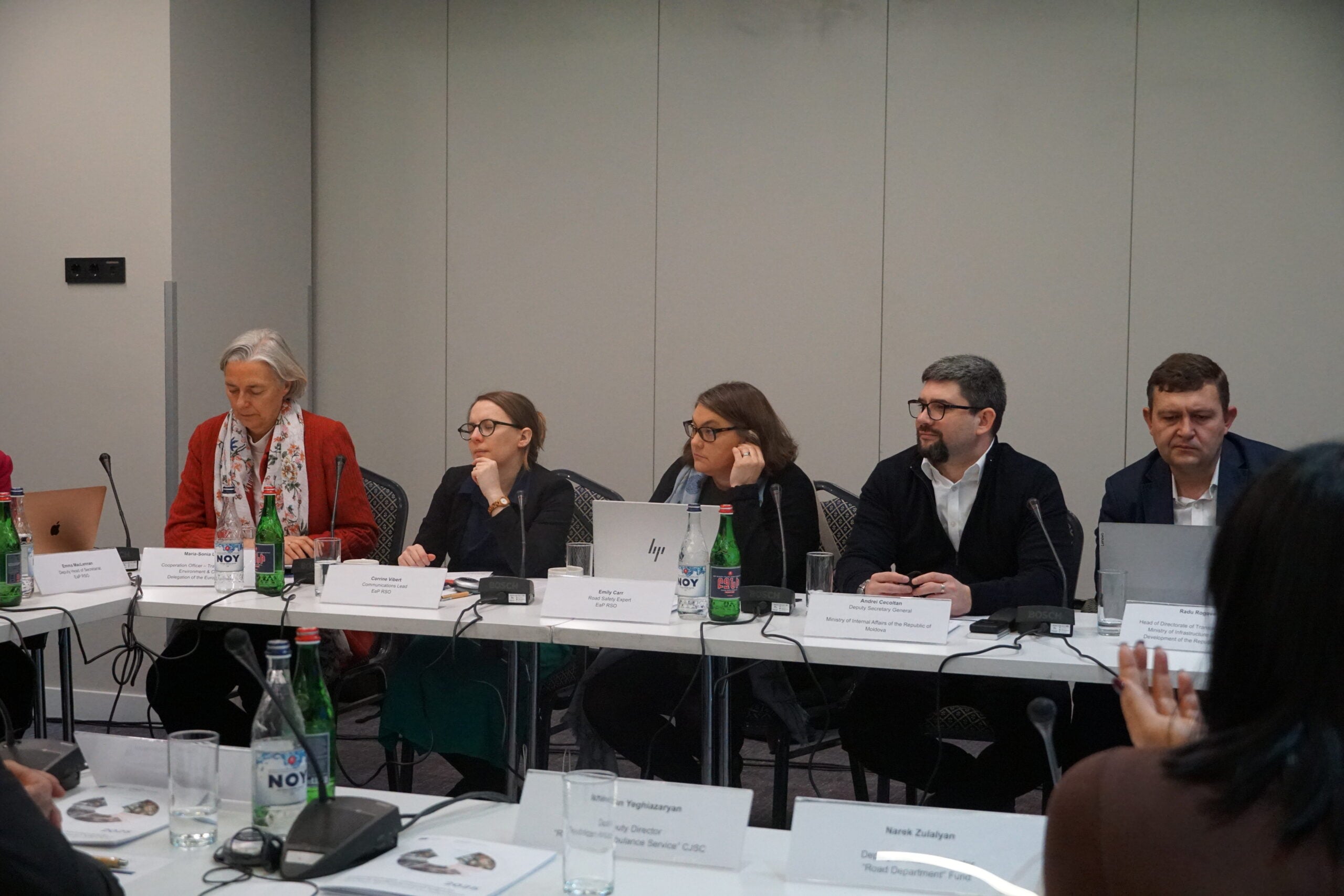According to the latest Microsoft Digital Defense Report released on Friday, Romania ranks 52nd globally among the countries most frequently impacted by cyber activities in the first half of 2025.
"Cybersecurity must be a priority integrated into the structure of government and organizational strategies and constantly addressed as part of risk management. The global partnerships in which Romania already has a strong position must be continued in order to coordinate and collaborate in defense against common adversaries. Traditional perimeter defenses are no longer enough. Resilience must be designed into systems, supply chains, processes and governance. New types of threats will appear with increasing frequency; being informed and prepared is essential," said Renate Strazdina, National Technology Officer North Europe Multi-Country Cluster at Microsoft, in a release.
According to the report, over half of cyberattacks with known motives were driven by extortion or ransomware, and at least 52% of incidents were fueled by financial gain, while attacks focused solely on espionage accounted for only 4%.
At the same time, nation-state threats remain a serious and persistent issue, but most of the immediate attacks organizations face today come from opportunistic criminals who are looking to make a profit.
Data compiled in the research shows that every day, Microsoft processes more than 100 trillion signals, blocks approximately 4.5 million new malware attempts, analyzes 38 million cases of identity theft risk, and filters five billion emails for malware and phishing.
"Advances in automation and readily available off-the-shelf tools have enabled cybercriminals - even those with limited technical expertise - to expand their operations significantly. The use of AI has further added to this trend with cybercriminals accelerating malware development and creating more realistic synthetic content, enhancing the efficiency of activities such as phishing and ransomware attacks. As a result, opportunistic malicious actors now target everyone - big or small - making cybercrime a universal, ever-present threat that spills into our daily lives. In this environment, organizational leaders must treat cybersecurity as a core strategic priority - not just an IT issue - and build resilience into their technology and operations from the ground up," the experts explain.
The sixth annual Microsoft Digital Defense Report, which covers trends from July 2024 to June 2025, points out that traditional security measures are no longer sufficient and that modern defenses and strong collaboration between industries and governments are needed to keep up with threats.
Critical public services, from hospitals and local governments to educational institutions, remain prime targets for cybercriminals. "Over the past year, attacks on these sectors have had real consequences, including delayed emergency medical care, disrupted emergency services, canceled school classes, and halted transportation systems. Ransomware actors in particular focus on these critical sectors because of the targets' limited options," cybersecurity experts warn.
Moreover, the year 2025 marked an escalation in the use of Artificial Intelligence by both attackers and defenders. AI is rapidly transforming cybersecurity, empowering both attackers with scalable, adaptive threats, and defenders with advanced detection and protection tools - demanding urgent, proactive action from organizations and governments to secure AI systems and train teams to stay ahead of increasingly sophisticated adversaries.
Amid the increasing complexity of cyber threats, over 97% of identity attacks are password attacks, and in the first half of this year alone, identity-based attacks increased by 32%.
In Romania's case, the report's conclusions represent a call to action for the leaders in the public and private sectors.
"Cybersecurity must be treated as a fundamental strategic priority, integrated into all aspects of technology and operations. The report encourages organizations to invest in advanced security tools, promote a culture of cyber awareness, and collaborate with industry partners and government institutions to share information and best practices," the authors of the specialist document note.
































Comentează